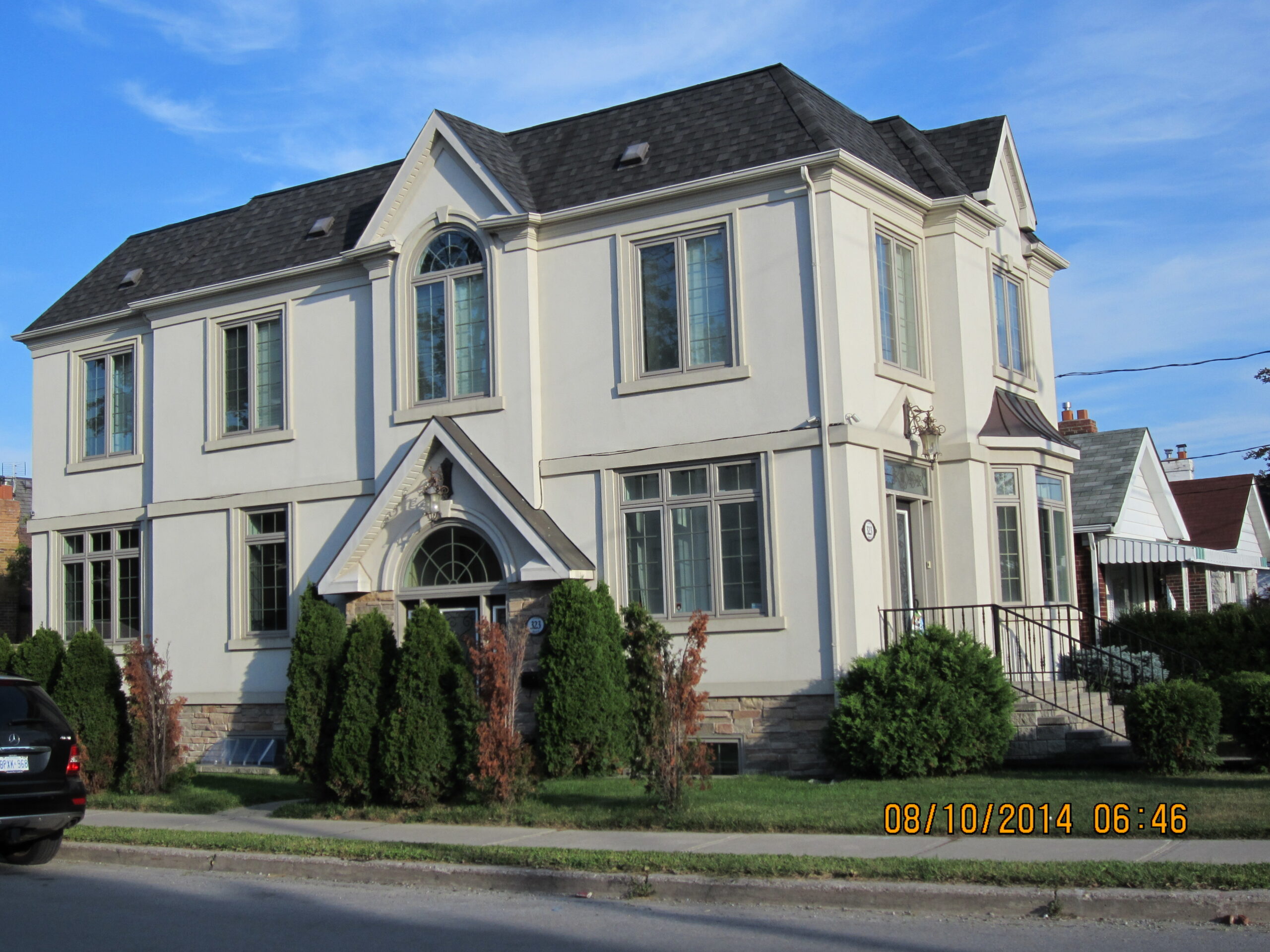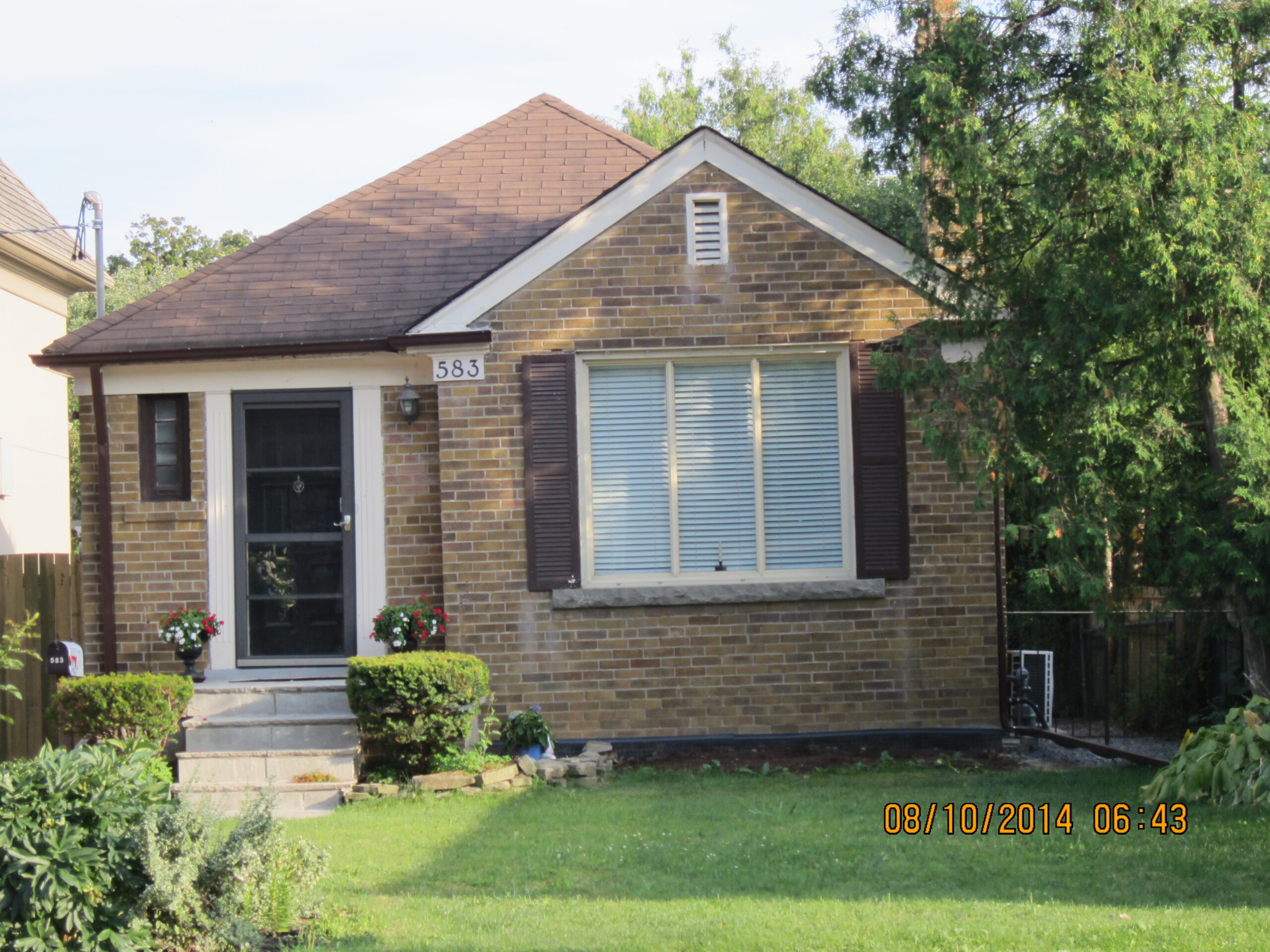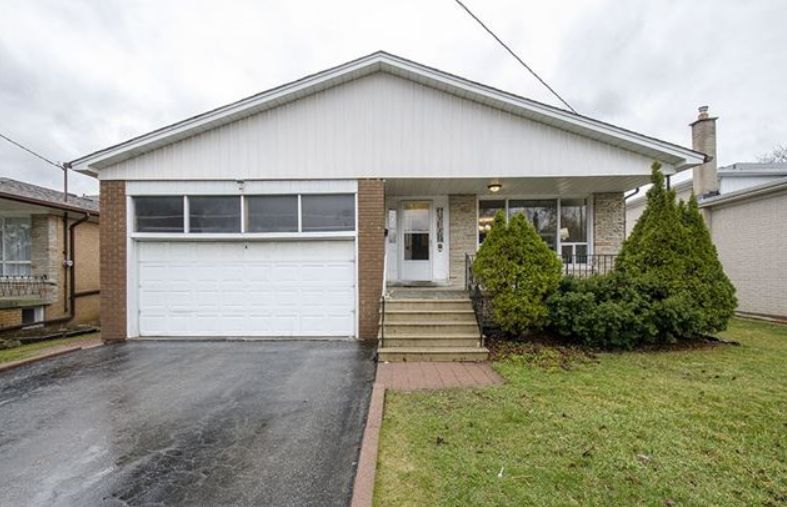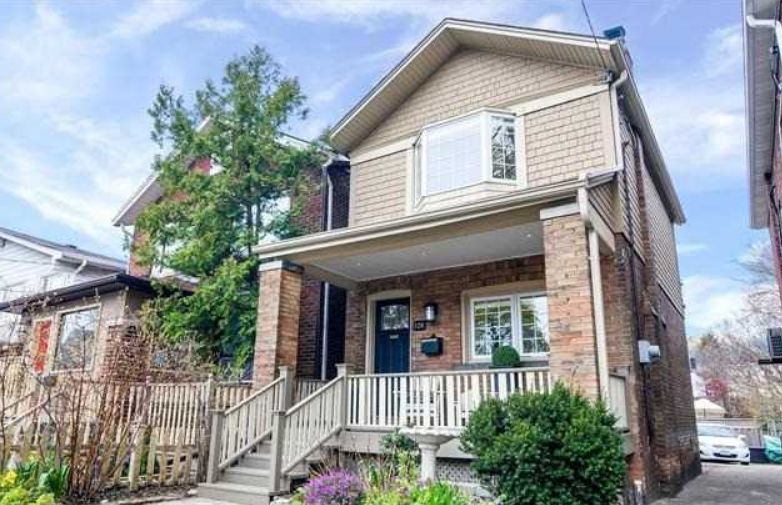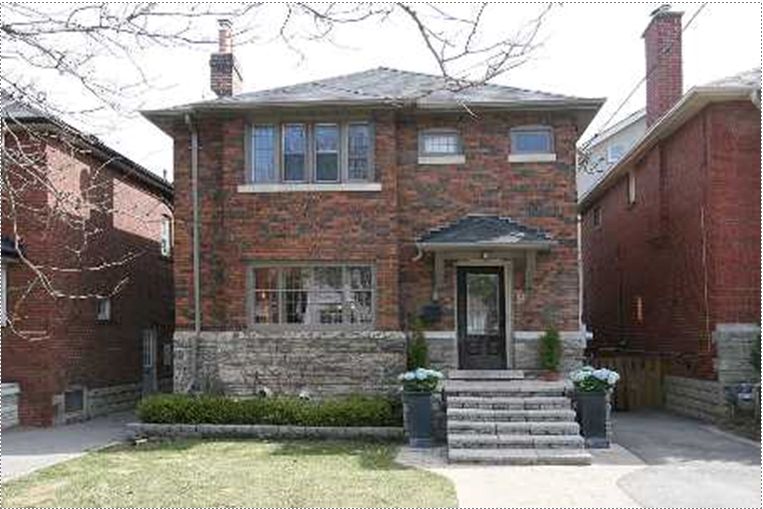In toronto real estate, buying a home can be very stressful and complicated with all the paperwork, acknowledgements, representations and agreements that are required, as well as the normal process of due diligence that most buyers and some sellers want to include.
As a buyer, you normally enter into an agreement of purchase and sale which tends to be conditional on your ability to obtain financing and/or doing a satisfactory property inspection. We realize that with multiple offers you will be required to do your due diligence in advance of an offer presentation, as your chances of winning a bidding war with a conditional offer are slim at best. A lot can happen from the time your offer is presented and accepted subject to your conditions and thereafter that will result in your agreement becoming null and void. Should this occur, there are many processes in place to get back your deposit and to return the property actively back on the market for sale.
First, let’s review what the buyer is faced with on these failed agreements of purchase and sale. Normally there is a requirement for a good faith deposit that accompanies your offer. This is essentially held in trust by the seller’s listing agent pending the termination or completion of the agreement. These funds are insured by the regulators up to fixed amounts such as $100,000, but the exact amount should be verified before providing your buyer deposit.
If you are not satisfied with the inspection report and/or fail to acquire financing, then you will be faced with aborting the purchase agreement by signing a mutual release form, which you will need to sign in order to get your buyer deposit returned. The mutual release is required to be signed by all of the parties, including the seller and agents. Should the seller feel that you did not pursue your conditions in good faith, they may not feel inclined to sign the release, in which case you would be forced to pursue the return of your monies by legal means. However, most agents will ensure that these mutual releases do get signed and executed, as the industry operates on the positive treatment of buyers and sellers. For deals where conditions go unfulfilled, the agents usually want to move on to ensure that only the successful deals do proceed, particularly since agents only get paid for their services on final completion.
In toronto real estate, the sellers of unsuccessful deals have to contend with the fact that their properties were reported sold conditionally on the Multiple Listing Service (MLS). During this hiatus period, it is unlikely that other buyers will consider submitting an offer. Sellers should realize that during this period they are technically off the market, waiting for their conditional buyer to firm up or then be forced to reactivate their listing to the marketplace.
The fact that a condition such as an inspection is not fulfilled may cause the seller to review the report and possible deficiencies, as this could create a perceptive problem for other potential buyers afterwards who are interested in your property. The sales activity of your property on the market is fully disclosed to all board member agents, so conditional sales where the property gets back on MLS again may be viewed by some agents and potential buyers as having issues. You must ensure that you as a seller deal with these possible concerns and shortcomings.
The seller’s listing agent reruns the listing on MLS and probably arrange another agent’s open house to spark some renewed interest in the property. As seller, you may need to consider a price reduction, possibly less than what you sold the property for conditionally. The good news is that on conditionally reported sales on MLS, the sale price is not reported to the public, which is important because you don’t want this information being bandied about among buyer agents who might have prospects for your property.
As seller, after the failure of your conditional sale, please be positive and just restart the process of marketing your home for sale. Of course, exercise caution when you have a conditional offer to consider: ask yourself whether the conditions that the buyer is hoping to satisfy are realistic and reasonable. If not, let them satisfy them first and then come back to you with a firm deal, which is the best course.
Read the full post in Toronto Sun
=============================================================================
Thinking to sell your house or Condo in Central Toronto areas and/or in downtown Toronto areas? Please visit http://www.TorontoHomesMax.com for a FREE Home Evaluation“ or please call, text or email Max Seal, Broker at 647-294-1177. NO obligation.
Thinking to buy a House or Condo in Central Toronto areas and/or in Downtown Toronto areas? please call or text Max Seal, Broker at 647-294-1177 to buy your dream home or Condo. I offer you a 30-min “FREE buyer’s consultation” with NO obligation.
Please visit my website http://www.centraltorontorealestate.com/ to find out available homes and Condos for sale in Central Toronto areas and/or in downtown Toronto areas.
This Toronto housing market may be a better time for “Move-up”, “Move-down” or “Empty-nester” Sellers and Buyers. Want a “Market Update” of your home in 2019? Please click the image below or call or text Max Seal, Broker at 647-294-1177 or send an email.
Want a “Market Update” of your home? Please click the image below. Or call or text Max Seal, Broker at 647-294-1177 or send an email.
(** some conditions apply. We value your privacy, all your information will remain confidential.)



